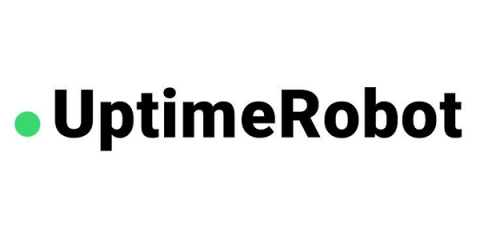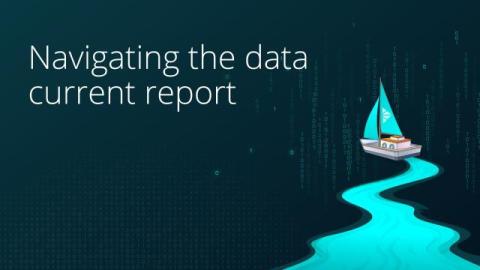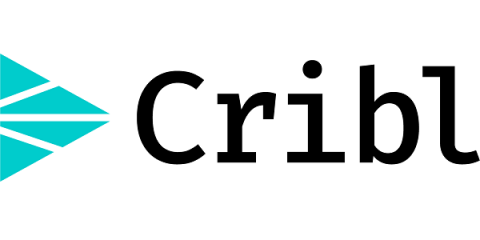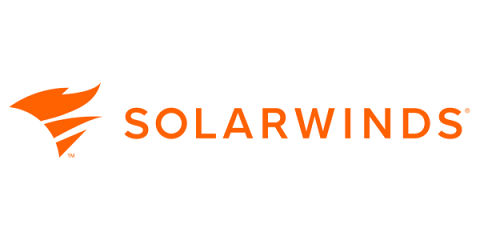Monitor the Performance of Your Python Django App with AppSignal
When we observe a slow system, our first instinct might be to label it as failing. This presumption is widespread and highlights a fundamental truth: performance is synonymous with an application's maturity and readiness for production. In web applications, where milliseconds can determine the success or failure of a user interaction, the stakes are incredibly high. Performance is not just a technical benchmark, but a cornerstone of user satisfaction and operational efficiency.











